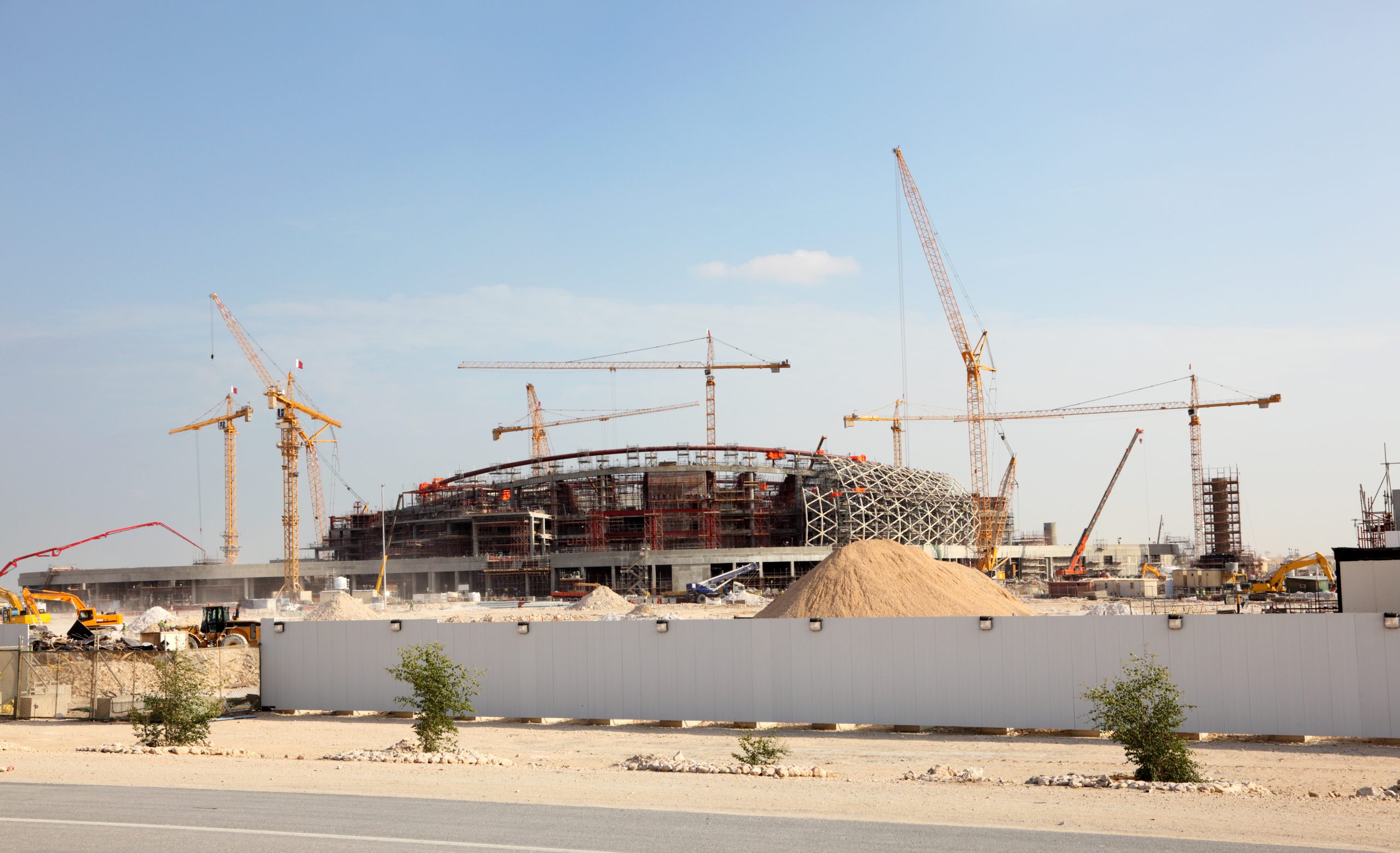During the review period, developments in Qatar were dominated by the aftermath of the Gulf crisis, the FIFA World Cup 2022 and the outbreak of the war in Ukraine. In October 2021, the first legislative elections were held, signaling a shift toward parliamentarization and enhancing Emir Tamim’s credibility. Yet, protesters challenging the election law faced severe repercussions, highlighting top-down political changes.
Russia’s war against Ukraine significantly increased revenues from fossil resources, enabling Qatar to generate a surplus of 2.4% of GDP again in 2021, following a deficit caused by the blockade and the COVID-19 pandemic. While the 2022 FIFA World Cup led to infrastructure and technological advancements, it drew international criticism over labor conditions.
In January 2021, Qatar reestablished societal, diplomatic and economic relations with Gulf Cooperation Council member states with the al-Ula agreement. In line with its National Development Strategy, Qatar further pursued autonomy and diversification of trade partners. Despite reforms such as restricted working hours and a nondiscriminatory minimum wage, criticism of insufficient human rights protections continued.
